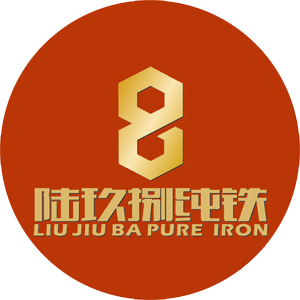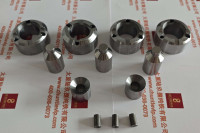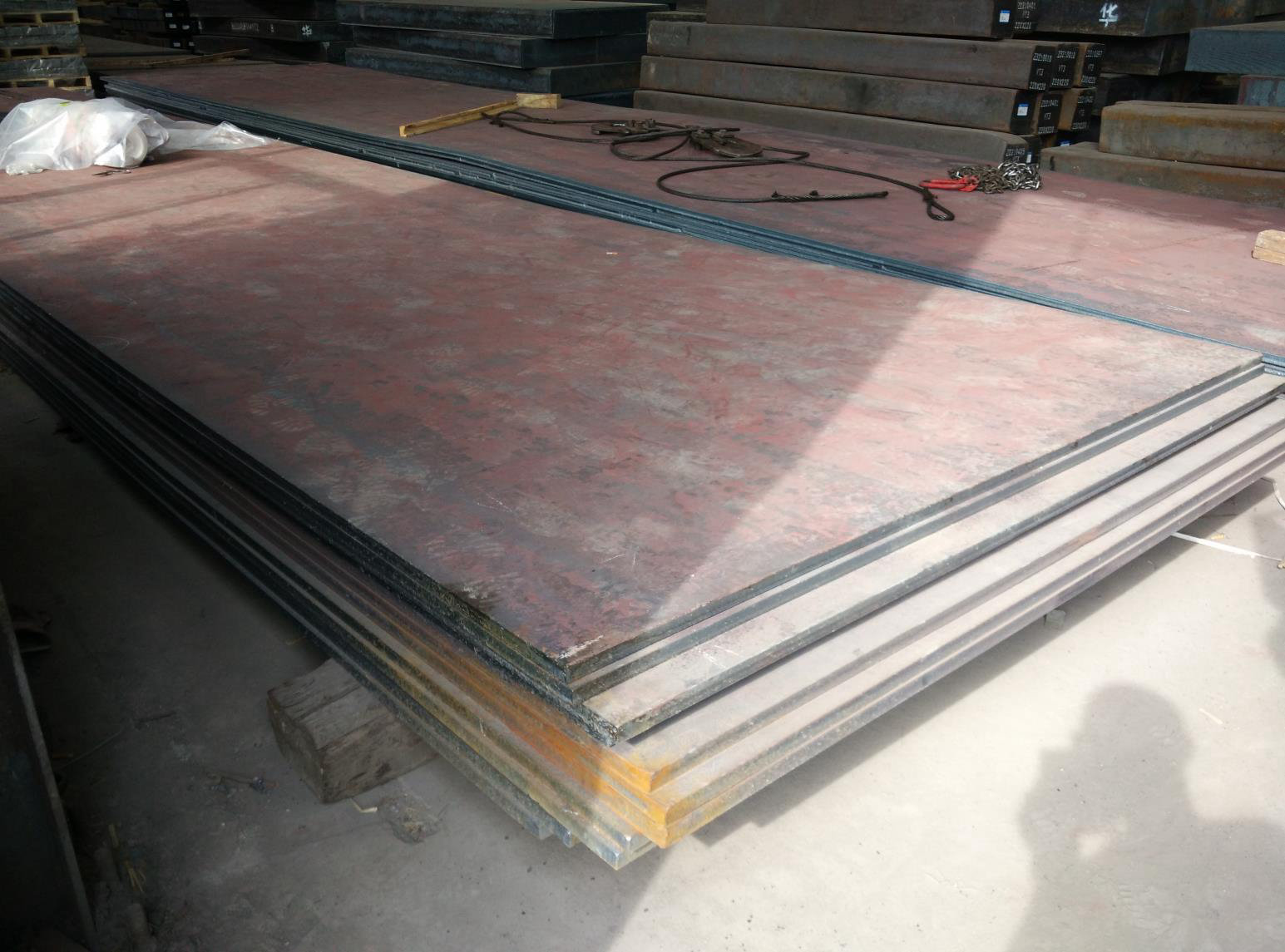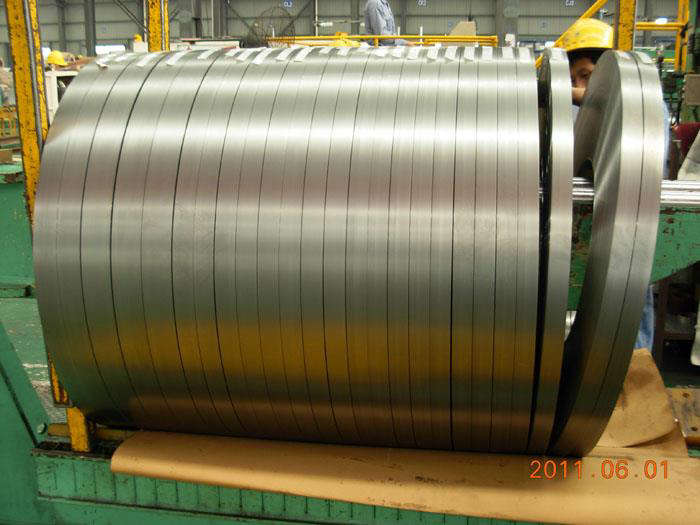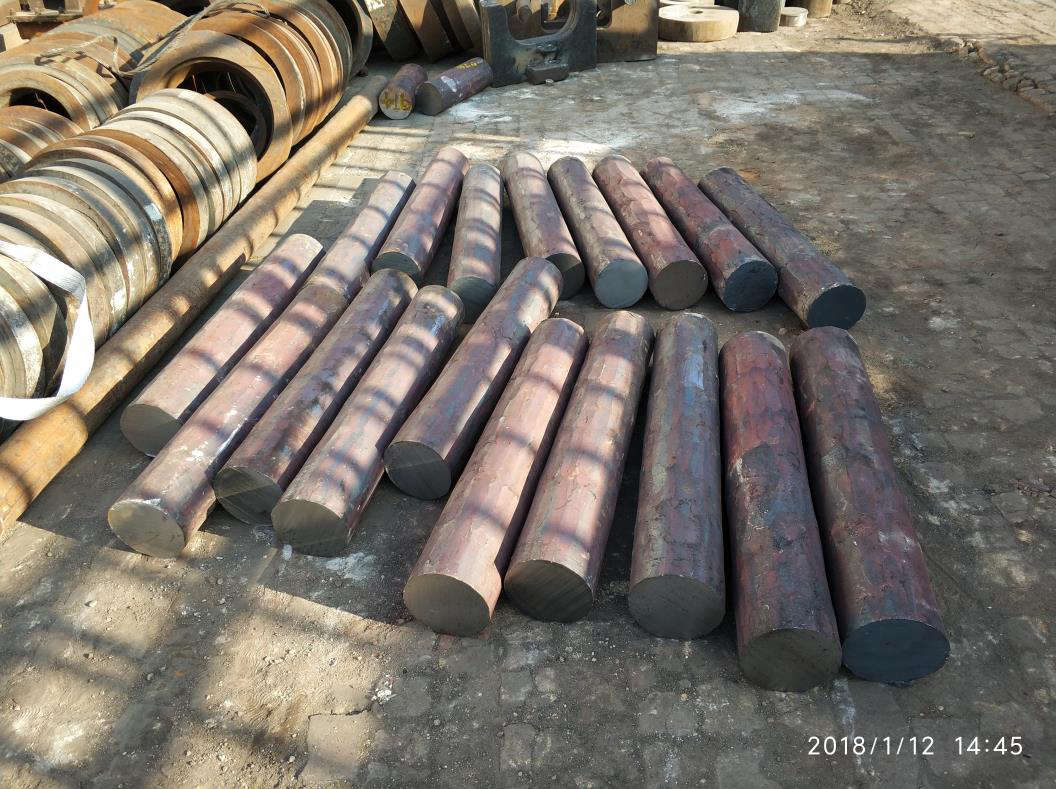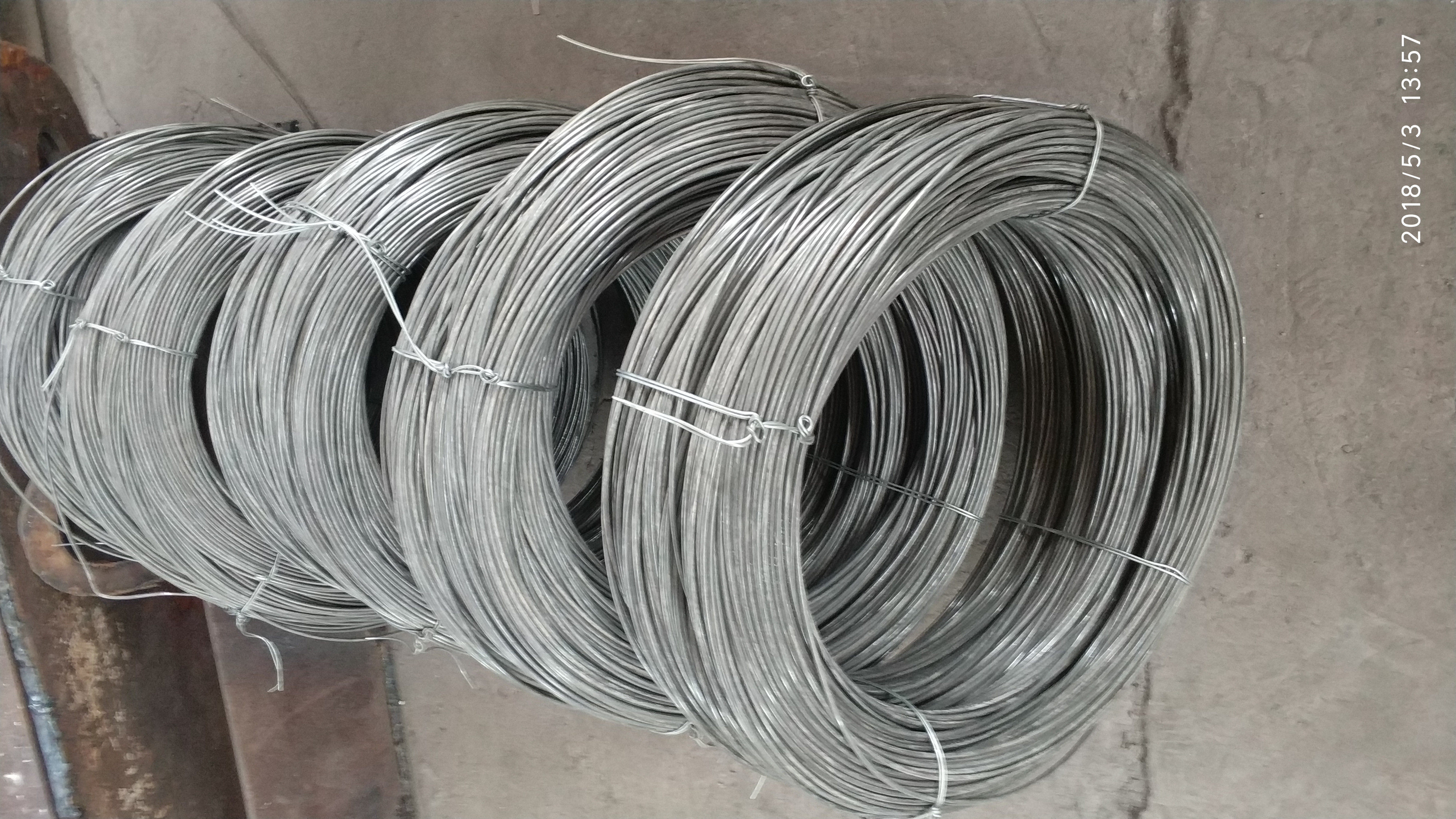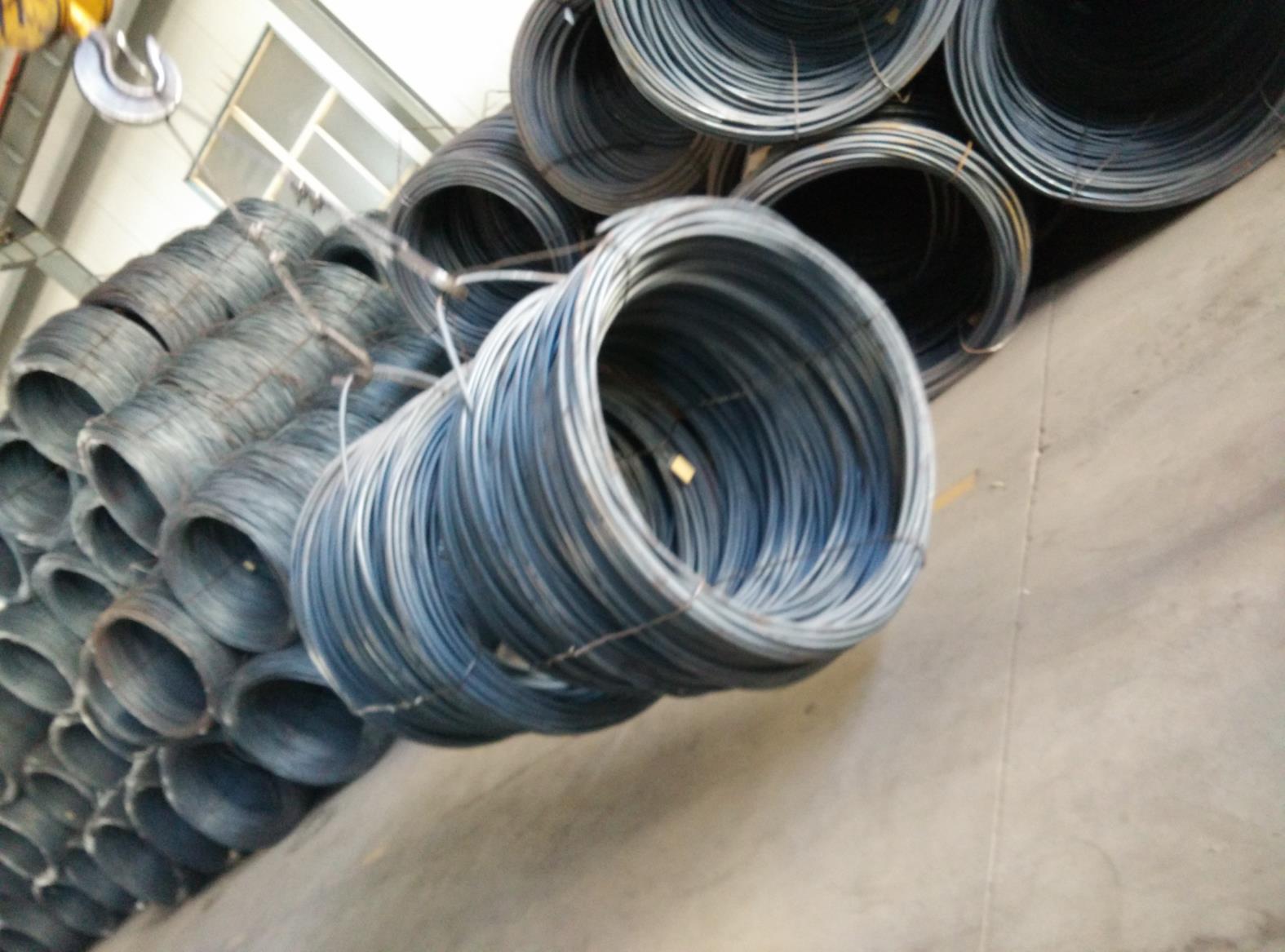Liu jiuba pure iron
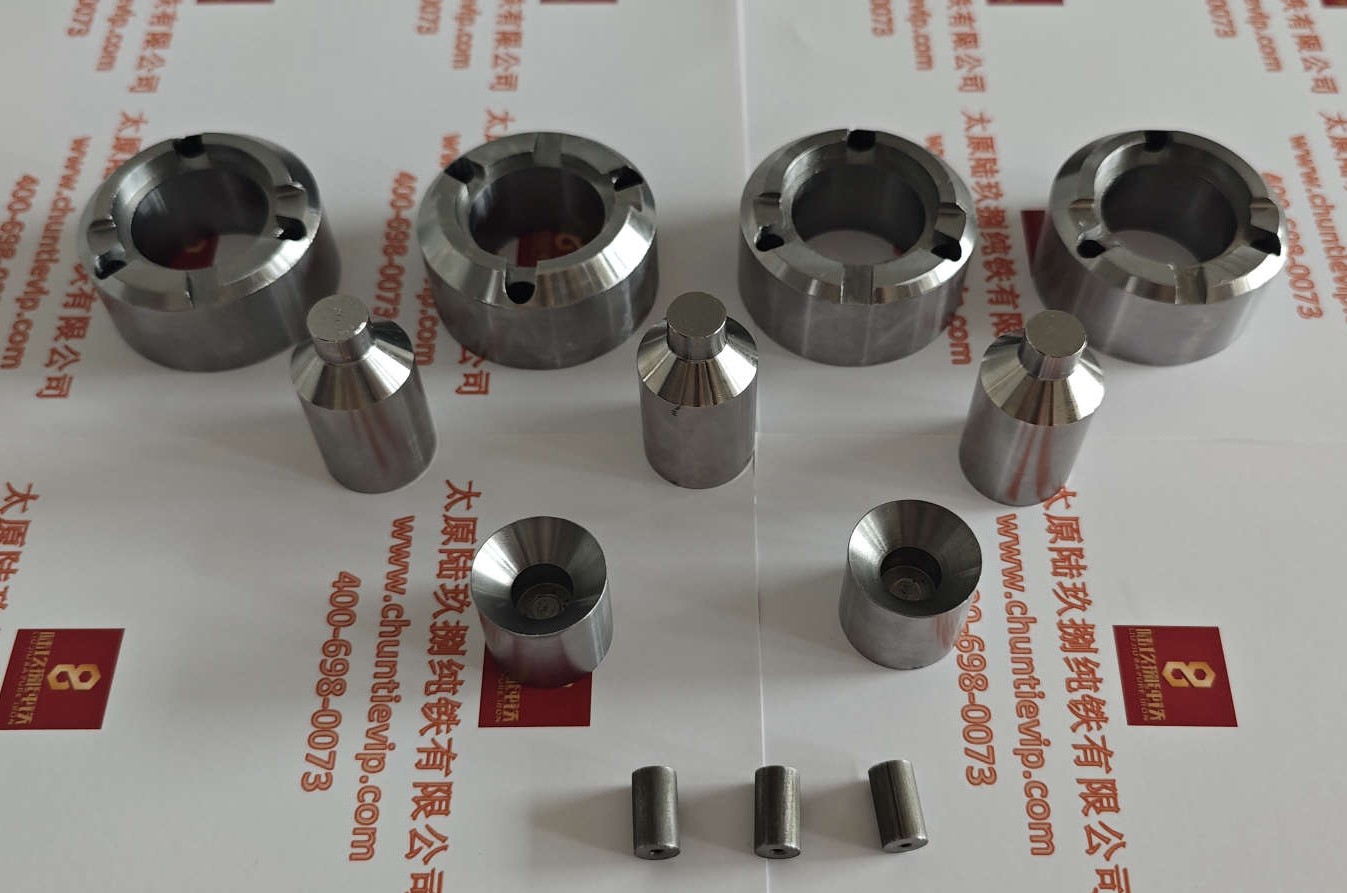

Pure iron machined parts
With the advent of the Industrial 4.0 era, intelligent manufacturing has become a new engine driving industrial development. Against this backdrop, industrial pure iron machined parts, with their unique material properties and diverse processing advantages, are playing an increasingly important role in the field of intelligent manufacturing. This article will delve into the material and processing characteristics of industrial pure iron machined parts and further analyze their benefits and contributions to the intelligent manufacturing industry after incorporating various machining processes such as turning, milling, boring, and drilling.
Firstly, the material properties of industrial pure iron machined parts lay a solid foundation for their widespread application in intelligent manufacturing. Industrial pure iron exhibits good ductility and toughness, making it easy to shape and capable of manufacturing complex and precise components. Additionally, pure iron has a high magnetic permeability and stable magnetic properties, which are particularly important in automation and robotics as electromagnetic control and drive are core technologies in these fields. Pure iron's excellent thermal conductivity helps dissipate heat quickly during processing, reducing thermal deformation and ensuring processing accuracy.
After incorporating various machining processes such as turning, milling, boring, and drilling, the processing characteristics of industrial pure iron machined parts provide a more comprehensive technical guarantee for intelligent manufacturing. Industrial pure iron has good cutting performance and is easy to process into parts of various shapes and sizes. In CNC machines and automated production lines, pure iron materials offer high processing efficiency and precision, fully meeting the strict requirements of intelligent manufacturing for part accuracy and consistency. At the same time, pure iron has excellent welding properties and is easy to combine with other materials, providing great convenience for modular and integrated design of intelligent manufacturing equipment. The application of various processing methods such as turning, milling, boring, and drilling further enriches the processing means of industrial pure iron machined parts, improving processing efficiency and flexibility.
The benefits of industrial pure iron machined parts to the intelligent manufacturing industry are mainly reflected in several aspects: improving production efficiency and shortening the production cycle of intelligent manufacturing equipment; reducing production costs by minimizing material waste and processing time; enhancing equipment performance and improving equipment stability and reliability; and promoting technological innovation by offering more possibilities for the development of new technologies and products in the field of intelligent manufacturing. Especially after incorporating various machining processes such as turning, milling, boring, and drilling, the processing range of industrial pure iron machined parts becomes more extensive, better meeting the diverse and high-precision part requirements of the intelligent manufacturing industry.
Moreover, the recyclability of industrial pure iron aligns with sustainable development requirements, further reducing long-term operating costs. In the field of intelligent manufacturing, the excellent performance and diverse processing means of industrial pure iron machined parts offer more possibilities for their application in intelligent manufacturing equipment. For example, industrial pure iron machined parts play a crucial role in robot joints and transmission components in automated production lines.
It can be seen that industrial pure iron machined parts play an important role in the intelligent manufacturing industry due to their unique material and processing characteristics, and their application prospects will become even broader. With the continuous development of intelligent manufacturing technology, industrial pure iron machined parts will continue to play a significant role in the field of intelligent manufacturing, driving industrial technological innovation and progress.
E-mail:chuntie698@163.com


